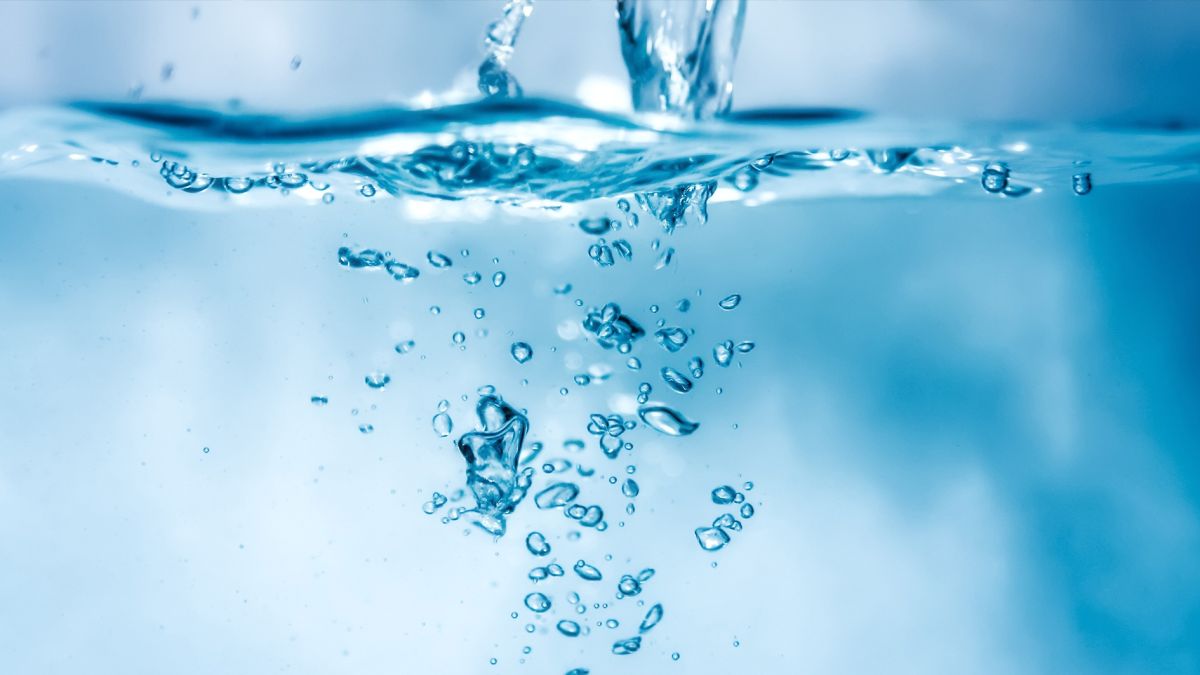The Purification of Water
Al-ʿAllāmah Muḥammad ibn Ṣāliḥ al-ʿUthaymīn


Al-ʿAllāmah Muḥammad ibn Ṣāliḥ al-ʿUthaymīn [d. 1421 AH] said:
“If water that was najs is purified, irrespective of how, that water will be considered ṭahūr [amenable for ablution]. This is because any ruling that is confirmed in accordance with a reason will cease to exist if that reason ceases. There is no difference [in this matter] between large or small volumes of water. [For in both cases], the reason [for the ruling] is one. Thus, whenever najs is removed [from the water], it will be ṭahūr. This is also easier to learn and understand.
Know that [according to the Ḥanbalī madh`hab] this ruling only applies to water and not any other liquid. Other liquids [according to the madh`hab] will be considered impure by simple contact [with something that is najs], even if it is a large volume. Such that if a person had a large vessel of fat into which a single dog hair fell, all the contents of the vessel would be considered najs. It would be impermissible to sell, buy, eat, or drink from it [according to the madh`hab]. The correct opinion is that other liquids are like water in that they are not considered najs unless completely changed [in taste, colour or smell by something that is najs].”1
Endnotes:
1. Al-Sharḥ al-Mumti: 58
Translated by: Riyāḍ al-Kanadī
Most Popular: Last 30 Days

















